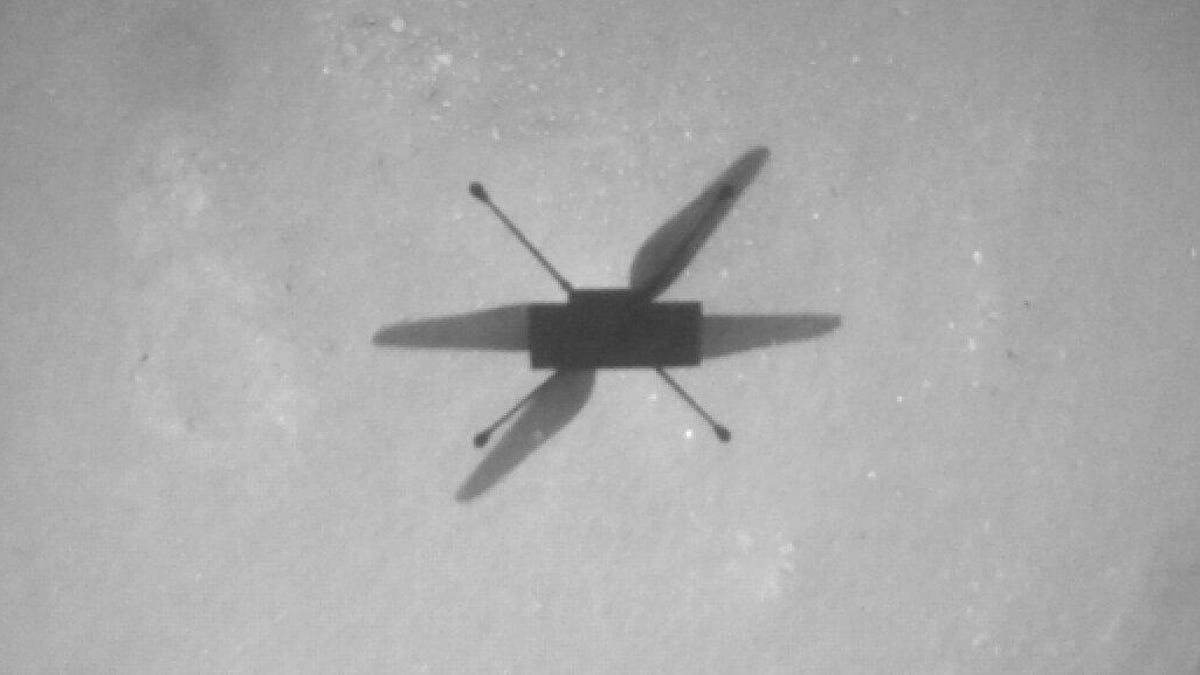NASA Mars helicopter passes 1-mile mark on 'most complex flight yet'
Ingenuity's 10th flight was its highest yet as it scouted a spot called Raised Ridges.
NASA has now passed the 1-mile (1.6-kilometer) mark for flying on Mars. The Ingenuity helicopter successfully completed its 10th and "most complex flight to date" over the weekend.
The rotorcraft has gone from proving it could work at all to showing that it can act as a scout for the ground-based Perseverance rover. The latest flight took the machine over an area called Raised Ridges.
"We will be imaging Raised Ridges because it's an area that Perseverance scientists find intriguing and are considering visiting sometime in the future," wrote Ingenuity operations lead Teddy Tzanetos in a statement last week.
NASA's Jet Propulsion Lab shared the news of the flight success on Saturday.
The #MarsHelicopter’s success today marks its 1-mile total distance flown. It targeted an area called "Raised Ridges." This is the most complex flight yet w/ 10 distinct waypoints and a record height of 40 ft (12 m). Its scouting is aiding @NASAPersevere. https://t.co/tboEcnLvx3 pic.twitter.com/Wc6tDVimIT
— NASA JPL (@NASAJPL) July 25, 2021
The Ingenuity team has been pushing the helicopter's abilities by flying farther, faster and higher. Flight 10 included 10 waypoints and took the rotorcraft to a record altitude of 40 feet (12 meters). It was tasked with taking images of the landscape below.
This map shows the flight path and waypoints for the Mars Ingenuity helicopter's 10th flight.
Ingenuity has been a rousing success story. It logged the first powered, controlled flight on another planet, survived an in-flight glitch and received software updates. Its ninth flight was a nail-biter, but this latest flight is showing it has just as much perseverance as its rover companion.
Follow CNET's 2021 Space Calendar to stay up to date with all the latest space news this year. You can even add it to your own Google Calendar.


